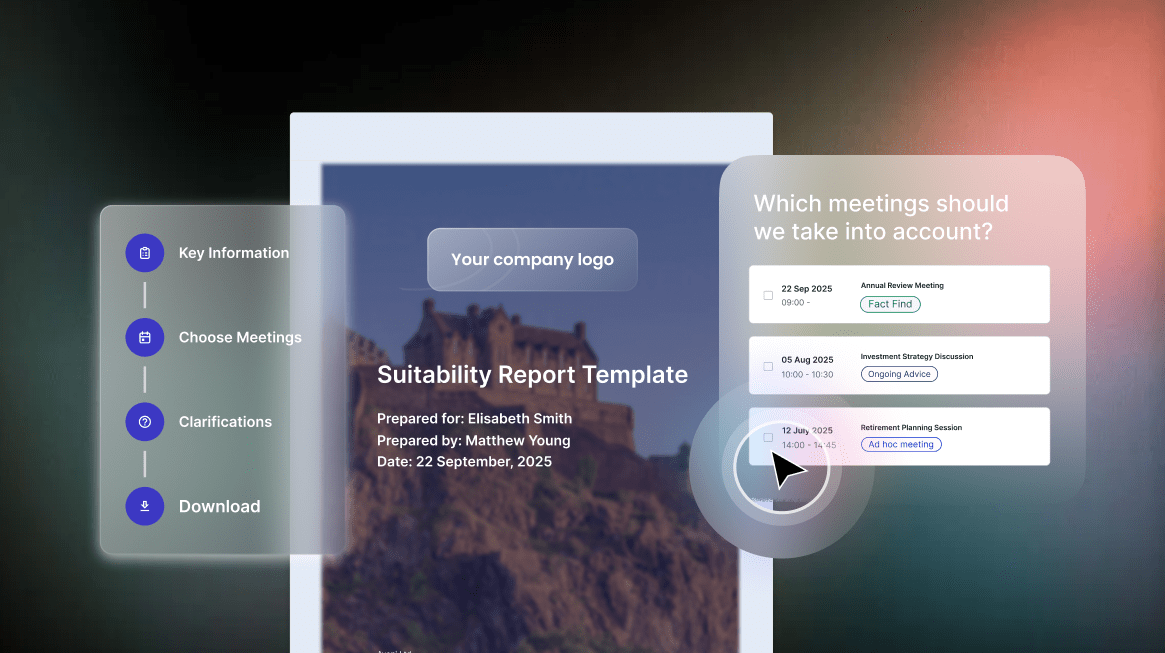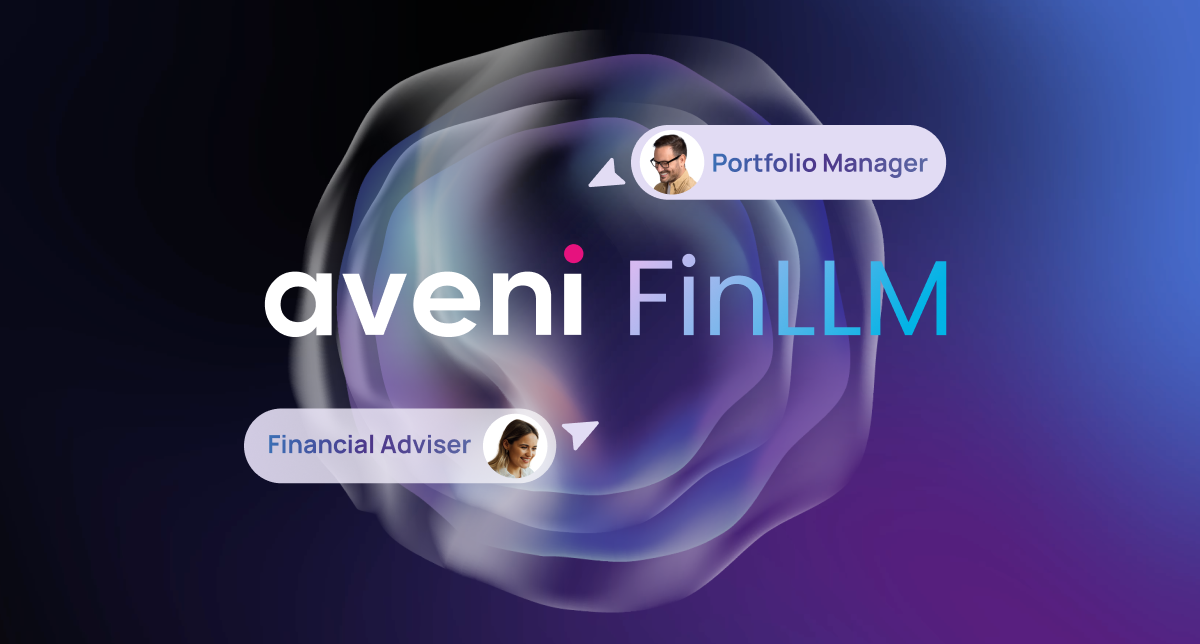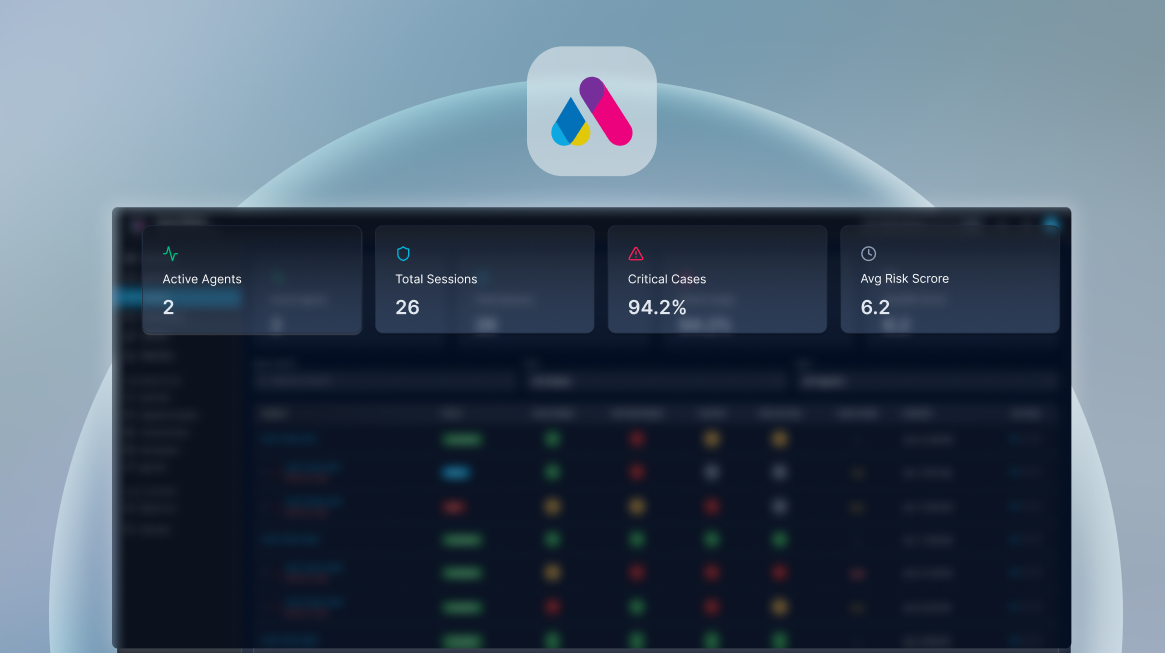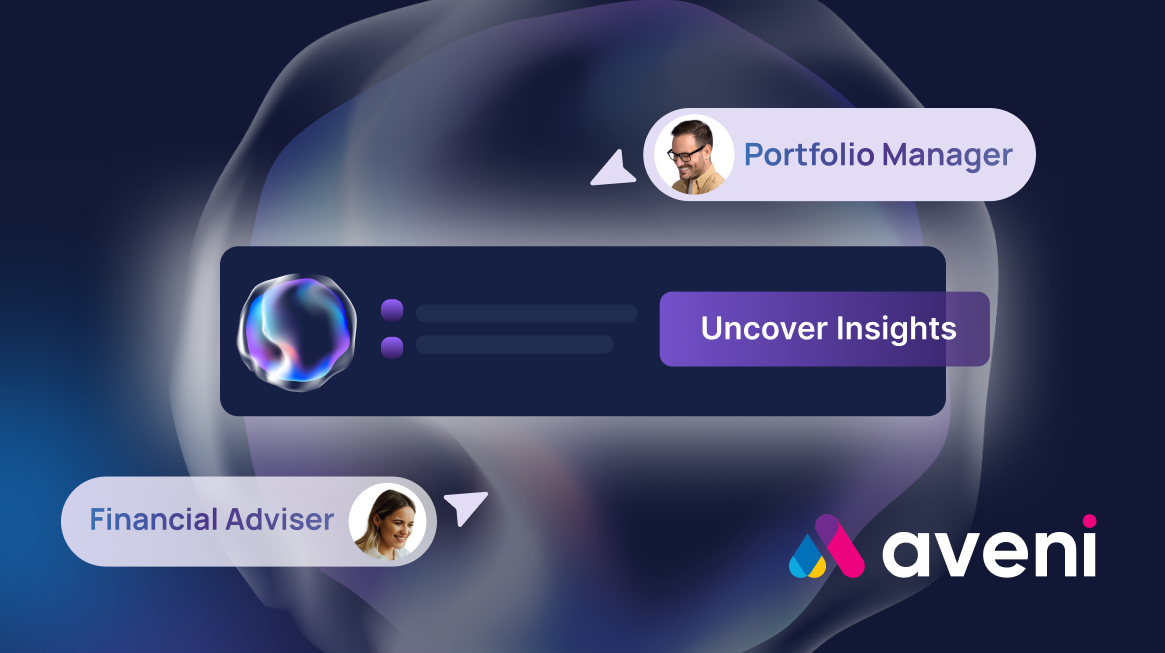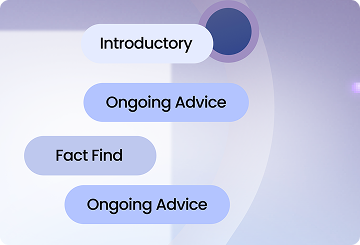The world of financial advice has come a long way, shaped by new technologies and changing what people expect from their financial services. From its early days to the current era of AI-driven solutions, the industry has seen some pretty major changes. Not only that, it also has to keep up with these changes.
The result?
A whole new evolution of financial advice which we never quite imagined before.

Would you take financial advice from the Knights Templar?
In 1100 AD the Knights Templar ran one of the earliest European-wide banking systems which allowed merchants to deposit funds in one place and withdraw them in another. This meant they didn’t have to carry large amounts of cash and risk falling foul of the mediaeval highwaymen running rampant.
OK, so while they didn’t strictly provide financial advice in the modern sense, as moneylenders, the Templars would have likely discussed loan terms and repayment strategies with borrowers. More of a focus on practical banking services rather than actually offering the advice that we’re familiar with today.
Financial Advice as a standalone profession
Time to hop in our time machine and fast forward about 800 years. Financial advice as a profession emerged in the late 1960s, with a group of 13 men meeting in Chicago (imaginatively named the Chicago 13) discussing a new approach to delivering financial guidance. This marked the birth of financial planning as we know it, which takes a more holistic approach to helping clients manage their finances.
Their efforts eventually led to the formation of the snappily named International Board of Standards and Practices for Certified Financial Planners Inc.
Little did the Chicago 13 know that their endeavours would spawn a whole industry of people who’d spend their careers telling others to stop buying so many Starbucks coffees and start saving for retirement. From those humble beginnings, financial planning has since grown into a profession that’s part money management, part psychology, and part gazing into a crystal ball.
Technological Advancements
As technology progressed, the evolution of financial advice embraced digital tools to enhance service delivery and fundamentally improve their ability to aid clients more efficiently and accurately:
- Who doesn’t love a spreadsheet: In the 1980s, MS Excel burst onto the scene, allowing advisers to track, monitor and manipulate data like never before. They could create tables and charts and adjust financial projections with a single cell change streamlining their workflows and totally changing the way they work.
- Digital advice algorithms expanded their repertoire beyond investments faster than you can say ’diversified portfolio.’ These algorithms now cover everything from retirement planning to tax optimisation and everything in between.
- Enhanced calculations and forecasts provided valuable insights for advisers and clients. Now, we have super-powered calculations that can predict your financial future with startling accuracy. From how much you’ll have saved by 2050 to being curious about the impact that a daily Greggs habit will have over 40 years (in monetary terms at least), forecasting and modelling is now more accurate and more powerful than ever before.
- Client-facing digital solutions improved communication and access to advice. Clients no longer had to schedule an appointment, drive to your office, and make small talk with you whilst you sift through paper notes. The on-going advancement of client-facing digital solutions means customers can get advice anytime, anywhere.
The Rise and Fall of Robo-Advisers
Robo-advisers emerged in the late 2000s, promising automated, low-cost investment management. While initially disruptive, they failed to fully replace human advisers because, as it turns out, people like talking to real people about their money.
The Current Landscape
Today, the evolution of financial advice is shifting towards a hybrid model,combining human expertise with technological support:
- Advisers are becoming more like “manufacturers,” curating highly tailored portfolios complete with a hint of emerging markets, a splash of crypto, and a sprinkle of socially responsible investments, directly influencing product offerings.
- Platforms are becoming redundant as advisers adopt technology like apps that aggregate data and manage portfolios in a much more flexible way.
- There’s also a growing emphasis on behavioural advice and personal transformation.
The Future of Financial Advice is Generative AI
As generative AI enters the scene, it offers the potential for the next evolution of financial advice:
- Hyper-personalisation: AI will enable tailored advice based on individual circumstances and goals. Gone are the days when a financial adviser will ask, “How’s the family?” Now, your AI adviser will greet you with, “Hey, John, based on your recent purchase of a cat tower and 50 pounds of litter, I suggest we adjust your pet insurance cover.”
- Enhanced decision-making: Advisers will leverage AI to analyse complex data and provide more accurate recommendations based on billions of data points. This greater access to data and split second analysis will result in better, more personalised, more successful decision making and outcomes.
- Automated compliance: Compliance is not known to be the most exciting part of finance. But not anymore. With AI, it’s still not the most exciting, but now it’s not exciting at the speed of light. AI will be able to monitor adviser actions in real time: “I’m sorry, Dave. I’m afraid I can’t let you make that trade. It violates Section 3, Paragraph 2 of the regulatory guidelines… and also common sense.” And compliance tools like Aveni Detect will be able to monitor every customer interaction at scale, triaging the riskiest of cases to human QA teams for further investigation.
- Improved client education: AI-powered tools will offer interactive, personalised financial education. Imagine a learning platform that adapts to each client’s unique needs and learning style! That’s exactly what generative AI could offer in the future. It could create custom content, from interactive tutorials to personalised quizzes, ensuring that every client receives the most relevant and engaging educational experience.
Enhanced by generative AI, the evolution of financial advice looks bright, personalised, and really exciting – a genuine step change in the way the industry operates and interacts. But don’t worry, your human adviser role will still be there – if only to unplug the AI when it starts suggesting investing in Skynet!

